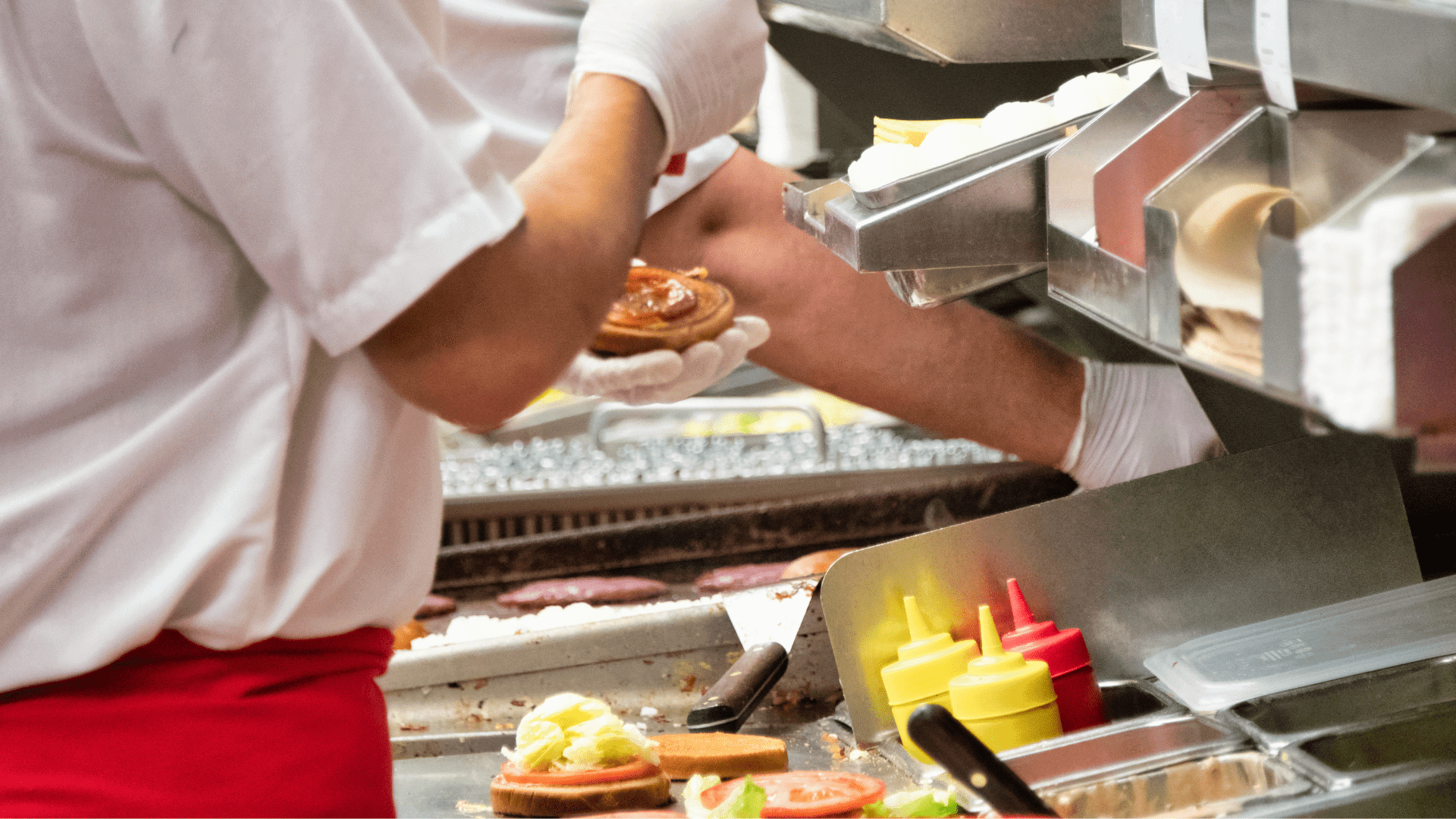
©Juanmonino via Canva.com
Restaurant Chains in California Lay Off Workers Ahead of Fast-Food Wage Rise
March 26, 2024
Fast-food chains in California are axing jobs to get ahead of the wage rise for the sector determined by a Californian state law that will take effect in April.
The wages for fast-food workers will rise from $16 per hour to $20 per hour in April. Some restaurants are anticipating a financial hit to their businesses as a result of this spike, with many starting to lay off workers and reduce hours for staff as they try to cut costs in advance.
According to state records, pizza chains in particular have laid out plans to axe hundreds of jobs leading up to the shift in April with other operators saying they have stopped hiring further or are cutting down workers’ hours.
A 29-year-old Pizza Hut driver for eight years based in Ontario, California, Michael Ojeda received a letter in December to notify him that his last day of work would be in February. This letter from his previous employer, Pizza Hut franchisee Southern California Pizza, proposed a $400 severance package if he carried on working until February. However, Ojeda, who claimed to earn hundreds of dollars weekly in wages and tips as a delivery driver, chose unemployment benefits instead.
Ojeda, who previously supported his mother and partner on his Pizza Hut delivery wages, said, “Pizza Hut was my career for nearly a decade and with little to no notice it was taken away.”
Several pizza-chain operators in California are cutting the jobs of drivers ahead of the wage law and outsourcing delivery service to apps.
According to records that major employers must submit to the state ahead of making large layoffs, Pizza Hut franchisees and Round Table Pizza have said they have plans to cut around 1,280 delivery driver jobs in the state this year.
The owner of two Vitality Bowls restaurants in San Jose, Brian Hom, now runs his stores with two employees instead of four, which he used to have in the past. While there is a cut in costs, the reduced staff members mean customers wait longer for their açaí bowls and other items. Hom said he is also raising prices by around 10% to help cover the higher labor costs.
He said, “I’m definitely not going to hire anymore.”
Advocates for California’s new minimum wage rate for food workers and the state-appointed council overseeing it emphasize that these measures will enhance the lives of hundreds of thousands of workers in the local community. Organized labor groups expressed aspirations to mirror legislation in other states.
Scott Rodrick, who owns 18 McDonald’s restaurants in Northern California, said, “I can’t charge $20 for Happy Meals. I’m leaving no stones unturned.”
Alexander Johnson, a second-generation owner of 10 Auntie Anne’s and Cinnabon restaurants in California, anticipates a $470,000 annual increase in labor costs due to the higher wages. To counteract this, he has downsized his staff by around 10 employees, and his 73-year-old parents have resumed working in the business to reduce outgoings.
Johnson said he had to reject an offer he recently received to add a location in a waterfront tourist area in San Francisco due to the estimated operating expenses. Johnson, who relocated to Nevada this year to open up Scooter’s Coffee branches in California, said, “It pains me to think about shutting down stores or laying people off.” He added, “I love California, and I’m very sad about what’s going on.”
Recent News
NHTSA Investigates Tesla Autopilot Again After Recent Software Update
Tesla Autopilot is once again the subject of an NHTSA investigation.
Home Depot Holds Halfway to Halloween Sale: Skelly’s Back
It’s halfway to spooky season, and Home Depot is celebrating.
Kaiser Discloses Health Insurance Data Breach
Health insurance company Kaiser is notifying millions of its current and former members about a data breach. The breach occurred when Kaiser shared patients’ information with third-party advertisers like Google, Microsoft, and X (formerly Twitter).
Satirical Site The Onion Acquired by Global Tetrahedron
The satirical news website, The Onion, has been sold by G/O Media to a group of digital media veterans.

